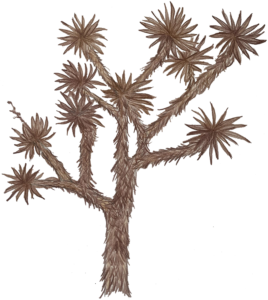Grief Counseling Tucson
Tucson Grief Counseling
When you’re grieving, it’s helpful for someone to walk the journey with you in a compassionate, nonjudgmental, or advice-giving way. At Joshua Tree Counseling, we offer grief counseling and Christian grief counseling. Several of our counselors have grief and loss as a focus area.
Grief Framework
Almost everyone knows the five stages of grief – denial, anger, bargaining, depression, and acceptance. Not everyone knows that these stages were discovered by Elizabeth Kubler Ross consistently in people who were dying, which she wrote about in her 1969 book, On Death and Dying. This concept has been overgeneralized to the point where many people believe they aren’t grieving correctly if they aren’t in one of those stages, or if they ping pong from one to the other, and then back and forth. While Kubler Ross’s work is important and has contributed significantly to the field, it’s not the only framework with which you can understand grief.
The GriefRiver® Model offers a helpful visual analogy for grief: grief is like a river, “dynamic, often turbulent and constantly changing” (Griefriver.com). “The phases of a river offer a helpful and nature-inspired map for understanding grief and loss over the course of the entire lifespan” – Headwaters, Rapids, Run, Delta, and Rejoining the Sea (Thom Dennis, 2018). You can learn more here.
Wordon’s Tasks of Grieving is a model that says healing happens gradually as grievers address four tasks – in no specific order, going back and forth from one to another over time. 1) To Accept the Reality of the Loss. 2) To Process the Pain of Grief. 3) To Adjust to a World Without the Deceased. 4) To Find an Enduring Connection With the Deceased in the Midst of Embarking on a New Life.
Another helpful model is the Dual Process Model (DPM) of Coping with Bereavement which says we oscillate between two coping processes, loss and restoration (Stroebe & Schut, 1999). You can learn more here. If you apply Attachment Theory to this model, how we oscillate between loss and restoration depends on our attachment style.
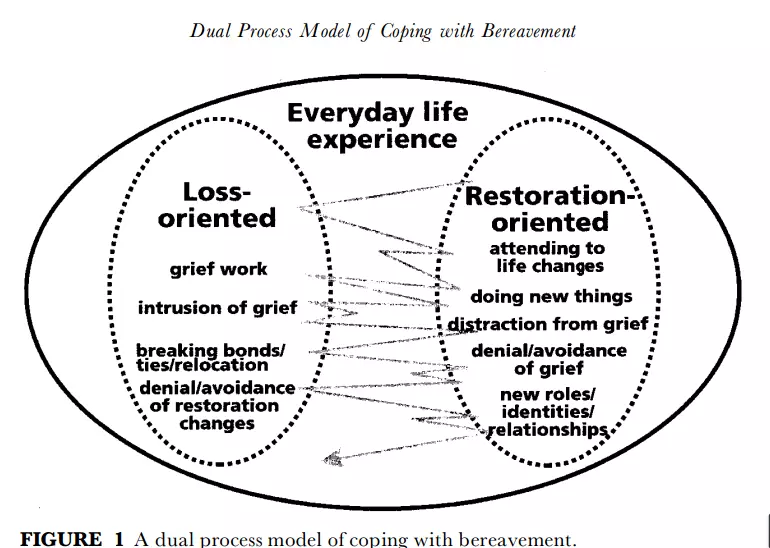
Truths About Grief
Regardless of the framework used to understand grief, there are a few general truths about grief:
Grief is not predictable. Each person’s loss is unique; we cannot time and plot our reactions. Grief can be thought of as a roller coaster. It is full of ups and downs, highs and lows, times that we may think we are doing better and times that we are sure we are not. Our sense of progress may feel very uneven.
Grief impacts each of us differently. Because each loss is unique, we may experience a wide range of emotions. For some, the experience of grief may be physical: aches and pains, difficulty eating or sleeping, fatigue. Grief can affect our spiritual selves and our relationship with our faith beliefs may change or grow stronger. Grief can draw us closer to others or push us into isolation and desperation.
Grief is full of different tasks and processes. As we cope with the emotional, physical, and spiritual reactions to the loss, we also work to accept the reality of the loss, redefine our beliefs in the face of this new reality, readjust to the daily changes in our lives, and decide the ways we will remember the person who died.
Grief does not mean the end of connection. Life will be different, and sometimes difficult; we need to be gentle with ourselves. But we always continue a bond with the person who has died. The lessening of grief is not the end of memory or attachment; death does not end a relationship.
Ambiguous and Disenfranchised Grief
Losing someone to death results in a deep and painful grieving process. Your support network of friends, family, and faith community typically validate your loss, understand and empathize with your pain, and offer comfort and physical and emotional support. Even when it’s not super helpful, at least they try. But what about a loss in which nobody died? Does it count as grief?
Think about these significant life-changing events: infertility, divorce, retirement, and even a geographical move can cause us to feel deeply vulnerable and unsafe. The world we knew, the people we relied on, and the perceptions of ourselves have changed. Grief is necessary to rebuild our world after it feels like it has been destroyed.
Ambiguous loss occurs when there is no emotional closure (Alzheimer’s, your child goes to college, divorce, relationship break up, adoption). Disenfranchised grief happens when a person’s loss is not supported by others (loss of a job, geographical move, death by suicide, miscarriage or abortion, death of a pet).

Types of Loss

Grief is Like a River
My grief is like a river—
I have to let it flow,
But I myself determine
Just where the banks will go.
Some days the current takes me
In waves of guilt and pain,
But there are always quiet pools
Where I can rest again
I crash on rocks of anger ––
My faith seems faint indeed,
But there are other swimmers
Who know that what I need
Are loving hands to hold me
When the waters are too swift,
And someone kind to listen
When I just seem to drift.
Grief’s river is a process
Of relinquishing the past
By swimming in Hope’s channels
I’ll reach the shore at last.
A Poem by Cynthia G. Kelley

These two types (ambiguous loss and disenfranchised grief) take “grief rules” to another level because they highlight our human nature which sadly dictates who is entitled to grieve, when, and for long. This in turn, dictates who receives support, acknowledgment, and validation in their grief. The stinging pain of these societal expectations is excruciating when your relationship with someone significant is not acknowledged or the impact of the loss is minimized. Think about this: when a woman has an abortion yet grieves (immediately or even years later), what does the majority of society tell her? You chose it. These 3 simple words imply the deservedness of grief based on choice. Just like with Christians who divorce, they are often told (directly or indirectly) that not only did they chose it but they’ve sinned (blame and shame). These are just a few examples that illustrate the complexity of disenfranchised grief. There is healing from this type of grief!
Grief is like living two lives one is where you pretend that everything is alright, and the other is where your heart silently screams in pain.
-- Author Unknown
Grieving Death: A Christian Perspective
The death of a loved one can feel final, dark and like it has no end. And no matter how long you were able to love your loved on on earth, it always feels like not enough time. The journey through grief is about embracing unbelievable pain and irrepressible hope at the same time. For Christians, the gospel permeates the very fabric of our being and it is something we can look to and find hope and instruction about the tropic of grief. According to God’s Word, his intention for mankind was that we live forever, something that shifted dramatically when Adam and Eve chose sin over obedience in the garden of Eden. This grieved God’s heart because sin separates us from him, thus the plan for redemption in the sacrifice of a sinless man, God’s son Jesus, who paid the price of the sin of the world so that we can be restored into relationship with him and live forever in eternity. “For God so loved the world that he gave his only son, that whoever believes in him should not perish but have eternal life” (John 3:16).
We learn in the Bible that death is temporary and eternity is forever; where you spend eternity to a choice given to you by the the same free will he gave to Adam and Eve in the beginning. Their sin caused a ripple effect of death, pain and suffering but the death of Jesus on the cross restored us into relationship with him, that if we “openly declare that Jesus is Lord and believe in your heart that God raised him from the dead, you will be saved (Romans 10:9, NLT). When a loved one dies and we know they were a believer as described in Romans 10:9, we often experience sorrow mixed with joy and hope; loss is painful and hurts our heart, even when you have the hope of seeing them again in heaven and even when you know they beside the father in paradise (Luke 23:43). If you’ve lost a loved one and know you’ll see them again, we both mourn and celebrate with you. If you feel stuck in your grief and can’t figure out how to move forward, we’re there for you! Grief is challenging for Christians when they don’t have the knowledge their loved one knew the Lord or had chosen to accept the gift of grace and eternal life. If this is your story, your grief journey may begin to feel hopeless and you might find yourself dipping into despair. Don’t lose heart! While this form of grieving is multi-layered, there is healing.
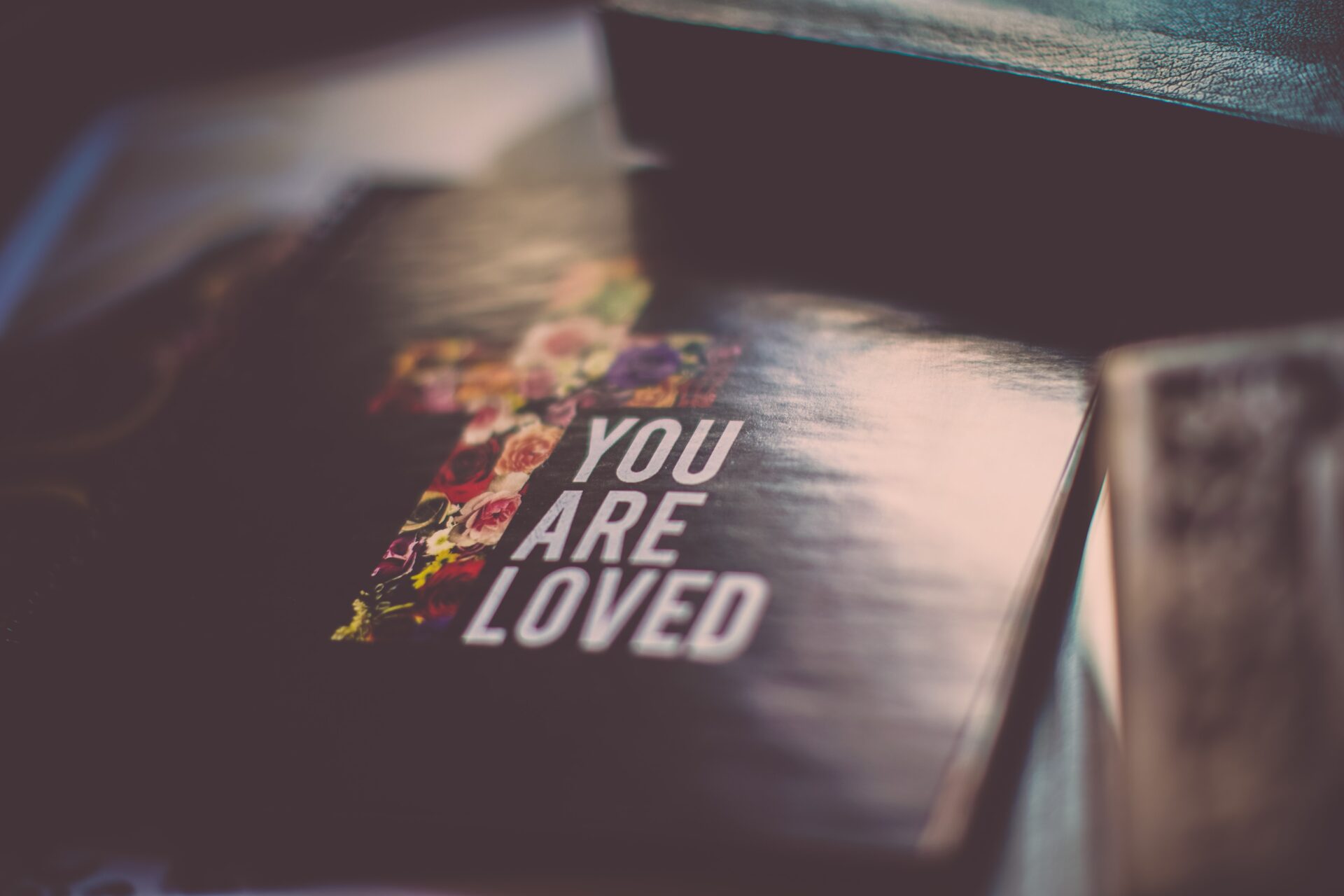
Christian Grief Counseling Tucson
At Joshua Tree Counseling, we have a variety of counselors equipped to walk with you through grief. If you are looking for a Christian grief counselor, Marybeth has a specific passion for helping people heal from grief. As a Board Certified Pastoral Counselor with a doctorate degree in Christian counseling, she intentionally intertwines faith and counseling. She helps older teens, adults, and couples understand grief, learn practical grieving strategies, tell your grief story, and then helps you adjust to the new normal the loss has created. If faith-based Christian grief counseling is not your preference but you want to work through grief, our team of licesned counselors is ready to help; Dana, in particular, has a heart for those who are grieving.
Ready to Book and Appointment?
If you’re ready to begin your grief journey of healing with Joshua Tree, we have licensed and pastoral counselors ready to come alongside you. If you’re grieving and faith isn’t important to you in the counseling experience, reach out to Kelly, our practice manager to be matched with a licensed counselor who would be a good fit.
